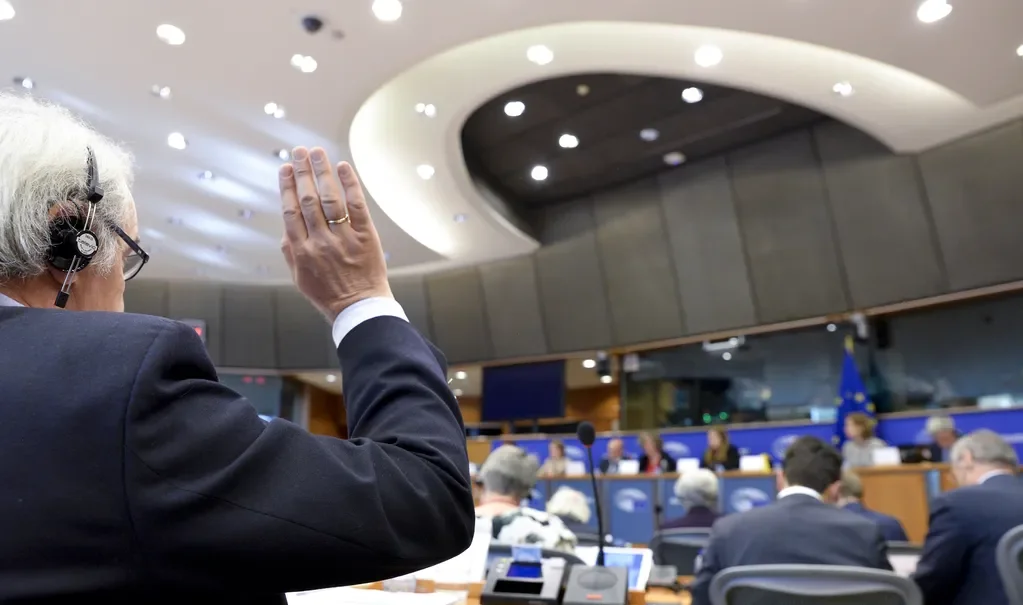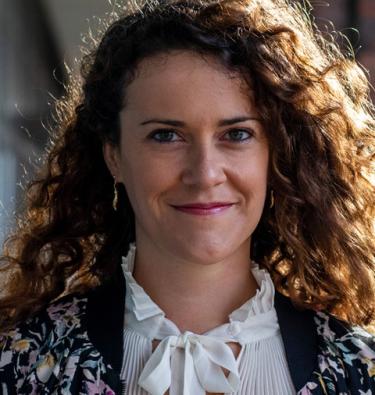
Sebastian Diessner (Leiden University) & Christy Ann Petit (Dublin City University)
Policymakers are reviving the EU’s industrial policy, with a string of recent policy reports discussing the future of EU competitiveness (by Mario Draghi), the single market (by Enrico Letta), and the EU’s ‘new’ industrial policy (by Donato Di Carlo and colleagues). The legislative agenda of the European Parliament’s 10th term will undoubtedly follow this policy development closely as it unfolds in Europe and worldwide.
Given that industrial policymaking involves political choices and trade-offs that can have far-reaching distributive consequences, we submit that industrial policymakers should be held democratically accountable and that the existing accountability framework in the EU needs to be strengthened. Above all, this concerns oversight by the European Parliament over the European Commission, while other relevant actors – including the Council, the European Court of Auditors, and the European Economic and Social Committee – have an important role to play as well.
To assess the state of democratic accountability of the EU’s industrial policy, we considered the activities of two key committees in the European Parliament in a recent policy report chapter published by the Luiss Hub for New Industrial Policy and Economic Governance (LUHNIP). In particular, we examined the Committee on Industry, Research and Energy (ITRE) and the Committee on Economic and Monetary Affairs (ECON), whose mandates included industrial policy measures throughout the 9th legislative term (2019–2024).
Activities of ITRE in 2019–2024 suggested that, despite some evidence of the committee’s legislative oversight functions, its scrutiny of industrial policy initiatives remains too limited to date and thus needs be strengthened in the future. We also found that there do not seem to have been joint procedures with the ECON committee throughout the 9th legislative term, which marks a further area for improvement.
Activities of ECON in 2019–2024 suggested that, despite ‘rules on competition and State or public aid’ being listed among the committee’s formal responsibilities, this commitment on paper needs to be matched with more concrete action. The committee’s main oversight activity consisted of an annual own initiative report on competition policy to which the Commission responded in writing and on which the Commissioner in charge was heard in-camera by ECON. However, an annual report can hardly do justice to the dynamic developments that the competition and state aid policy field has been undergoing in recent years.
Based on this assessment, we put forward four sets of policy recommendations to strengthen the democratic accountability of industrial policy in the EU during the 10th legislative term (2024–2029) of the European Parliament (EP).
First, we propose the creation of a novel ITRE-ECON working group on the scrutiny of industrial policy and state aid control, tasked with conducting a dedicated Industrial Policy Dialogue on the model of the Economic Dialogues and Recovery and Resilience Dialogues. This working group would be composed of an equal number of MEPs from the ECON and ITRE Committees.
Second, we recommend the new working group to elaborate bi-annual or quarterly EU Industrial Policy Reports to ensure more frequent and fine-grained reporting on industrial policy and state aid. This would ensure both timeliness and the quality of legislative oversight, by seeking regular inputs from the European Parliament Research Service and external experts.
Third, we propose, in the medium term, to adjust and rescope the ITRE committee’s mandate by reassigning some files to another standing committee, while incorporating state aid-related files into ITRE. This change is supported by two main arguments. First, in numerical terms, ITRE has seen the largest increase of MEPs sitting in an EP committee and, with a total of 90 MEPs, is now the biggest standing committee beside the ENVI committee. This size should be leveraged accordingly. Second, and substantively, the ITRE committee’s current mandate is very broad and includes not only industrial policy and the application of new technologies (including in relation to SMEs), but also research and innovation, space, energy, nuclear and IT policies (see Annex VI of the Rules of Procedure of the European Parliament, July 2024). Other working groups could be created to target specific areas (such as research and innovation, for example), thus enabling ITRE to focus its activities more closely on overseeing industrial policy.
Fourth, we recommend leveraging inputs from different stakeholders to increase the effectiveness of legislative oversight, including the European Economic and Social Committee, the European Court of Auditors, and broader arenas such as the Industrial Forum and the Joint European Forum for IPCEIs. Last but not least, national parliaments could contribute to the scrutiny of EU industrial policy as well, for example, through the Interparliamentary Conference on Stability, Economic Coordination and Governance (SECG).
Importantly, all four recommendations are available to policymakers without changes to the EU Treaty framework and they could thus, in principle, be implemented immediately (after changes to the EP rules of procedure). Taken together, our proposal contributes to rendering the EU’s new industrial policy more accountable and, as a result, can help strengthen the democratic legitimacy of European economic governance more broadly.
The views expressed in this blog post are the position of the author and not necessarily those of the DELI blog.

Sebastian Diessner is Assistant Professor at the Institute of Public Administration at Leiden University and a Visiting Fellow at The European Institute at the London School of Economics and Political Science. His research focusses on the politics of economic policy. He tweets from @SebDiessner.

Christy Ann Petit is Assistant Professor at the School of Law and Government of Dublin City University (DCU) and Deputy Director of the DCU Brexit Institute. Her research interests cover EU Law, financial supervision and regulation, the law of the Banking Union, the Economic and Monetary Union, and central banking. She tweets from @petit_christy.



